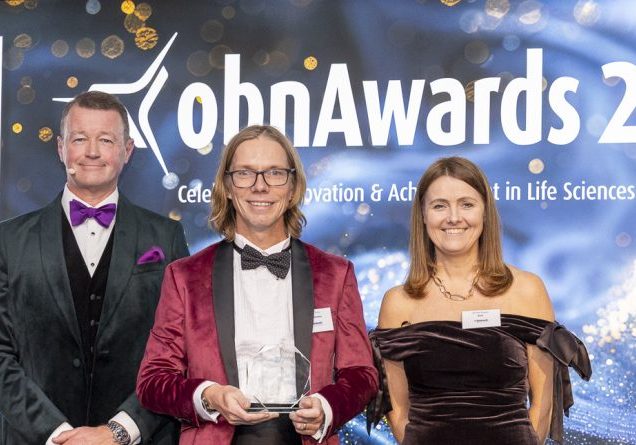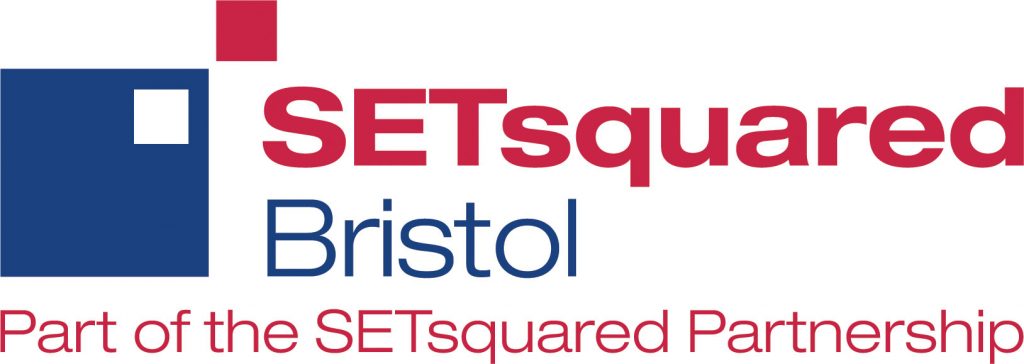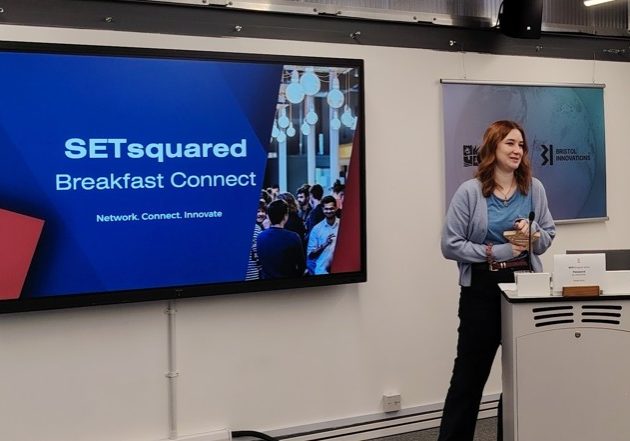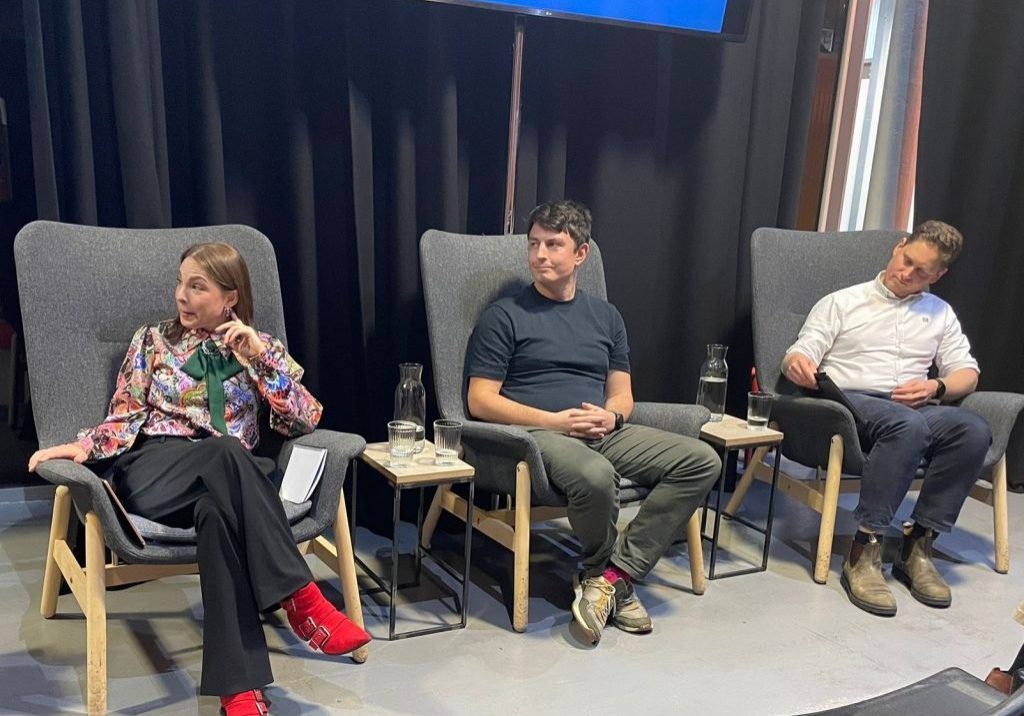Nicola Hemmings guest blog: Founder burnout: From surviving to thriving
Posted by
SETsquared Bristol
Guest blog by Nicola Hemmings, Doctoral student in Organisational Psychology at Birkbeck, University of London
 Introduction
Introduction
This past year has been challenging professionally and personally for many. Building a business presents multiple challenges for new founders and the pandemic has only added to the burden by increasing levels of isolation and uncertainty.
Reports suggest that 28% of full time employees suffer from work related burnout, however this can vary across different occupations. Although the topic is discussed across social media and start-up publications, the equivalent statistics do not exist for entrepreneurs, they are not represented in the research and rarely exist in media surveys. There is little to no empirical research investigating burnout in entrepreneurs and no interventions that help to specifically target the challenges they face.
I am working with SETsquared Bristol to build such a solution. Before I discuss my research, let’s look at the definition of what we are talking about – burnout and the signs and symptoms.
What is burnout?
Burnout is a state of emotional, physical, and mental exhaustion caused by excessive and prolonged stress over time. Research into burnout originated in the emergency services profession with staff reporting that they loved their jobs but had lost their compassion, felt inadequate and had thoughts of leaving the profession. Further research (Maslach, 1986; Maslach & Leiter 2017) has consistently shown three main signs of burnout.
1. Emotional exhaustion
No longer being able to provide empathy or sympathy for others, distancing yourself physically or emotionally from clients and colleagues or being uncharacteristically irritated by co-workers or clients.
2. De-personalisation
Noticing that your work has lost its meaning and no longer energises you, feeling empty, losing sense of who you are.
3. Reduced self-efficacy
No longer having interest in work or having a negative and critical attitude towards it, struggling to focus or come up with creative ideas, thoughts of quitting.
Dealing with burnout
Burnout doesn’t just occur when businesses are struggling, burnout can also occur in entrepreneurs with successful businesses. It can happen to anyone who has experienced persistent stress overtime. It is therefore important that founders are aware of the signs and symptoms in themselves and others.
Now we know the definition of burnout, what can we do to help prevent it?
Burnout research with SETsquared Bristol
Every founder is an individual, with their own unique experience of building their business and the challenges it brings. The environment in which a founder operates heavily influences how a founder perceives and reacts to stress.
I am interested in investigating the specific challenges faced by SETsquared founders, with the aim of building an evidence-based preventive solution to burnout.
As a ‘pracademic’ I used evidence-based practice in my approach to answering workplace questions to increase the likelihood of a positive outcome (Barends, Rousseau, & Briener, 2014). This approach is split into 6 separate actions conducted in sequence.
1. Ask
I created a research question to help guide the process: ‘What intervention can reduce potential burnout in founders at SETSquared’.
2. Acquire
I gathered information relevant to answer this question. I used four sources of data in collecting my evidence
- Stakeholders’ opinion: I conducted 5 interviews with SETsquared members and two Entrepreneurs in Residence to find out about their lived experience of building a business with SETSquared.
- Organisational Data: I reviewed the current workshops and resources available to SETSquared members to support their business and wellbeing.
- Empirical research: I conducted rapid review of psychological journals on the topic of ‘Founder or Entrepreneur burnout’.
- Practitioners’ opinion: I stated my personal opinion based on my knowledge of the topic and thoughts on application (working in digital health, wellbeing and preventative health).
3. Appraise
I analysed the quality of the data collected. It was immediately apparent that there is very little research in founder burnout. The journals I collected were ranked based on a quality rating system (AA-E) suggested in CEBMa’s Guideline for Rapid Evidence Assessments in Management and Organizations.
4. Aggregate
I brought the data together into useful models, created two personas using a person-based approach (Yardley, et al., 2015) based on an amalgamation of the insights interviews conducted, and built a framework and guiding principles for a potential intervention to reduce danger of burnout.
5. Apply
I have a ‘prototype’ intervention that I am testing with volunteers to get initial feedback and iterate. I will then be sharing the intervention with the wider SETsquared group.
6. Assess
The intervention has inbuilt measures of health to show efficacy. I will also be measuring the course via Kirkpatrick’s training evaluation model to see if the intervention was interesting and engaging.
The guiding principles of the intervention is that it offers an escape and a ‘detachment’ from the pressures of work, I am having fun making it and I hope you enjoy it too! I would love for this project to be a working progress, iterating over time and creating something really unique, fun and useful for SETSquared members.
Contact
If you or your team would like early access to prototypes or have any thoughts, feedback or questions please contact me on nhemmi01@mail.bbk.ac.uk.
If you would like to support your wellbeing in the meantime please check-out this list of relevant resources which I have selected to be relevant to SETsquared members. It is important to note that I am a business psychologist, not a clinical psychologist. If you are currently suffering with mental health concerns, please contact a health professional. The earlier you can get help the quicker you can start to recover.
References
- Barends, E., Rousseau, D.M., & Briener, R.B. (2014) Evidence-Based Management: The Basic Principles. Amsterdam: Center for Evidence-Based Management.
- Mäkiniemi, J. P., Ahola, S., Nuutinen, S., Laitinen, J., & Oksanen, T. (2020). Factors associated with job burnout, job satisfaction and work engagement among entrepreneurs. A systematic qualitative review. Journal of Small Business & Entrepreneurship, 1-29.
- Maslach, C. (1986). Stress, burnout, and workaholism. In Professionals in distress: Issues, syndromes, and solutions in psychology. (pp. 53–75).
- Maslach, C., & Leiter, M. P. (2017). Understanding burnout: New models. In C. L. Cooper & J. C. Quick (Eds.), The handbook of stress and health: A guide to research and practice (p. 36–56). Wiley Blackwell. https://doi.org/10.1002/9781118993811.ch3
- Yardley, L., Morrison, L., Bradbury, K., & Muller, I. (2015). The person-based approach to intervention development: application to digital health-related behavior change interventions. Journal of medical Internet research, 17(1), e30.
Nicky is a Doctoral student in Organisational Psychology at Birkbeck, University of London. She considers herself a ‘pracademic’, a practical academic, with a mission to bring applied research to the world of work. Nicky is working with SETsquared Bristol to ensure we have an evidence-based solution to support founders’ wellbeing.
For more SETsquared Bristol blogs and business resources, sign up to receive the monthly newsletter.
Recent News, Blogs and Stories



